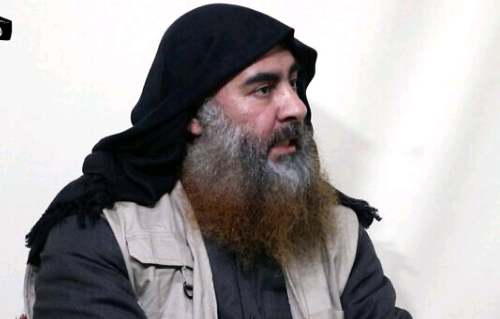Last week we saw the Israeli Ambassador to the United Kingdom, Tzipi Hotovely, fleeing into her car due to the potential physical threat she was under by student demonstrators. The intimidation and attempt to silence the Israeli ambassador were met with condemnation from the Home Secretary Priti Patel and also the Education Secretary Nadhim Zahawi. Whilst it is welcomed to see this verbal intervention from Government Ministers, it seems this just isn’t enough. It is evident that the scenes outside the London School of Economics (LSE) are just another demonstrable example of two things: anti-Israel protesters are out of control and free speech is being compromised.
It has just been over a month since the murder of Sir David Amess by an alleged Islamist extremist. Debates have been had as to the safety and security of politicians and whether this hinders their ability to carry out their constituency duties. But whilst this is happening, did not one at the LSE consider the safety and security of Tzipi Hotovely? Either they believed there was a credible physical threat against an Israeli politician and failed to tighten up security, or they didn’t assess that such a threat would manifest itself in the way that it did. What this demonstrates, however, is that questions need to be asked of the university as to whether they can fully facilitate events with high profile political figures.
Pro-Palestine protests are essentially anti-Israel in nature. For example, in a report titled: The Month of Hate, from the Community Security Trust (CST) which monitors antisemitism, found that in the Month of May and June 2021 – antisemitism and threats of violence were prevalent in many of the demonstrations being held up and down the country. That these demonstrations can continue, when there is evidence of antisemitism and threats of violence, shows a lack of political will from the authorities to stop this from occurring.
Everyone has a right to demonstrate peacefully. No one has the right to intimidate and threaten people because of their political views, religion or immutable characteristics. But when anti-Israel demonstrators do this, they transgress the boundaries of free speech and this renders organizations, the government and more importantly the public from facilitating and operating an open society through fear of backlash. We must not stand for this.
Free speech is a pillar of liberal free democracies. It is a way for us to explore our own thoughts and those of others. To interrogate and scrutinize ideas, beliefs and positions. It is also a way for us to hold those in power to account. It gives voice to the public that when you have something lawful to say, you can do so in the confidence that you will never be attacked for doing it.
Free speech is what threatens anti-Israel protestors. They know that if we are free to challenge their claims about Israel, Jews or the British government, then they will be exposed and vulnerable to scrutiny. That they are not willing to debate in a sensible way, demonstrates that they are both not interested in the argument of the ‘other side’ and that they are not willing for their claims to be challenged. This is why I consider them to be bad-faith actors.
The implications of this are quite clear. If it gets to a point where no one is able to debate, protest or challenge those in power in a lawful and peaceful manner, then the limits of free speech are being held hostage to the actions of a minority of violent groups. This backward thinking must be challenged by the government so that we are not resembling countries where protests are not able to take place because we are unable to contain the violent threat posed by anti-Israel demonstrators.
The more we see anti-Israel extremists seek to shut down debate by intimidating political figures, the less likely universities will be confident in putting on events. In a liberal democracy this cannot be allowed to happen.
Wasiq is an academic specialising in extremism and terrorism. Follow him on Twitter: @WasiqUK


